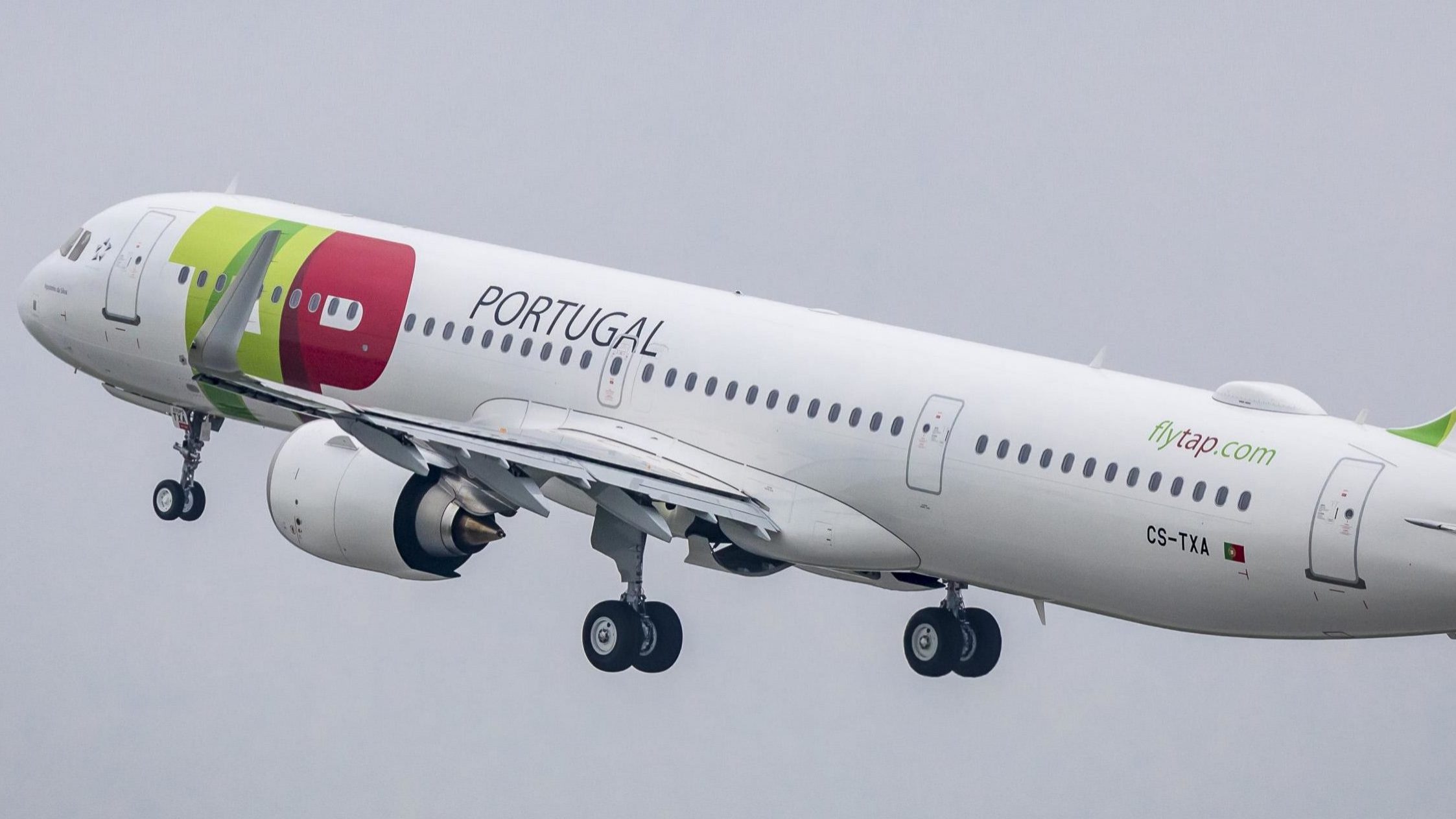Amália project does not envisage a “chatbot-type” application
The public release of the Portuguese AI model Amália does not envisage an application that would "compete with commercially available generalist chatbots", says the project coordinator.
The consortium of universities working on the Amália artificial intelligence (AI) model does not have plans in its roadmap to develop an interface similar to ChatGPT, which would allow any citizen to interact with the model. This information was confirmed to ECO by the project coordinator, researcher João Magalhães.
“Although it is possible from an engineering point of view to create a generalist chatbot-type application, it is not the objective of the Amália project to develop an application that competes with commercially available generalist chatbots”, he said in written responses sent to ECO. The coordinator also revealed that the model will be released to the public at the end of September, in its “basic version”, and that “from that moment on, any entity will be able to use the model, provided it has access to adequate infrastructure”.
The availability of Amália without such an interface means that the model will initially only be accessible to entities or citizens who have the necessary knowledge and resources to run an AI model of this nature locally. However, as it is an open source model, any programmer will be able to develop and make available an application of this type on an individual basis.
The Government intends Amália to be a large language model (LLM) focused on European Portuguese and Portuguese culture, “which uses AI to process, understand and generate natural language text from large amounts of data in various formats”, such as text, image, video and audio. The project is funded to the tune of €5.5 million by the Recovery and Resilience Plan (PRR).
The initiative was originally announced by the Prime Minister in November 2024, at the opening of the Web Summit. On that occasion, Luís Montenegro gave some examples of applications that could use Amália, namely to give “each student an AI educational tutor adapted to our curricula, to help them understand the world”; providing “every citizen with access to public administration services in a simpler, more direct and personalised way, to meet their needs”; or “giving every company the opportunity to design its services in an era of AI, also in Portuguese”.
According to João Magalhães, “Portugal has invested in research networks of excellence that are bearing fruit and should continue to be expanded”. Therefore, “there is a serious possibility that Portugal will become an important international hub in this area, taking advantage of the country’s various strategic advantages”, argues the expert.
As for Amália’s first applications, it is expected to “support various Public Administration applications”. “Gov.pt will be one of the first use cases”, he reveals. “In the field of science, the Amália model is also expected to be made available on the FCT’s IAedu platform, enabling its use in national open source applications, scientific data analysis and innovative AI-based educational initiatives”, he explains.




